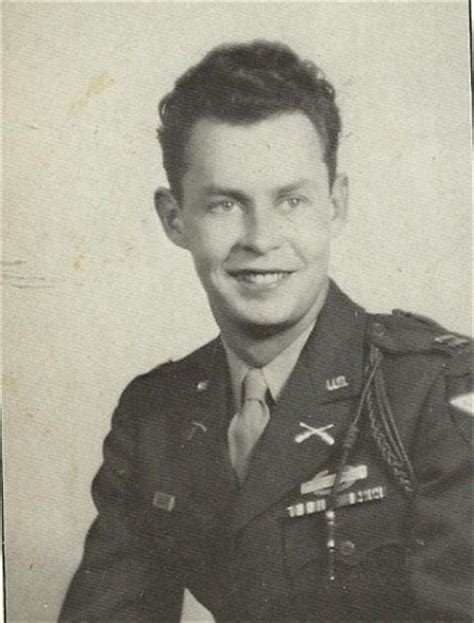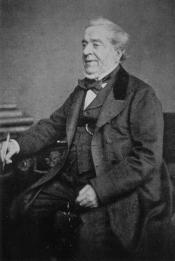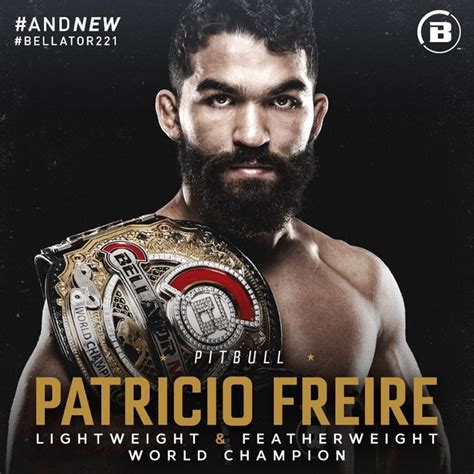A Quote by Piers Anthony
That most dangerous of opponents: the one who took pains to comprehend the position of his adversary.
Related Quotes
If Steinitz continually took pains to discover combinations, the success or failure of his diligent search could not be explained by him as due to chance. Hence, he concluded that some characteristic, a quality of the given position, must exist that would indicate the success or the failure of the search before it was actually undertaken.
No one is fit to encounter an adversary's case successfully unless he can make it for a moment his own, unless he can put it more forcibly than the adversary could put it for himself, and take account not only of what the adversary says, but also the best he MIGHT say, if only he had chanced to think it.
There was no reason to label us as anti-Semitic. No reason at all. I do not know one person in the National Front who committed even the most minor hostile act against a Jewish person or Jewish property. As for me, even though I have been accused of anti-Semitism countless times, no one has ever heard me make anti-Semitic statements or engage in anti-Semitic behavior. There just are people, organizations, that need an adversary and they want the public to believe that this adversary is dangerous.
You are right,” he had said. “Love is not the word. No one can love his neighbor. Say, rather, ‘Know thy neighbor as thyself.” That is, comprehend his hardships and understand his position, deal with his faults as gently as with your own. Do not judge him where you do not judge yourself. Madame, this is the meaning of the word love.
The opposition is indispensable. A good statesman, like any other sensible human being, always learns more from his opponents than from his fervent supporters. For his supporters will push him to disaster unless his opponents show him where the dangers are. So if he is wise he will often pray to be delivered from his friends, because they will ruin him. But though it hurts, he ought also to pray never to be left without opponents; for they keep him on the path of reason and good sense.
Nonviolence seeks to ‘win’ not by destroying or even by humiliating the adversary, but by convincing [the adversary] that there is a higher and more certain common good than can be attained by bombs and blood. Nonviolence, ideally speaking, does not try to overcome the adversary by winning over [them], but to turn [them] from an adversary into a collaborator by winning [them] over.





































